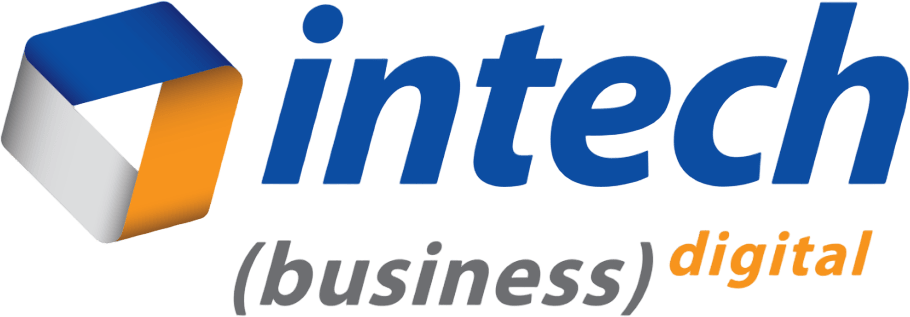Agile, Waterfall and Hybrid framework: Which one to choose?
ERP implementation is a tricky thing. There are many methods of implementing an ERP project but to decide upon a method that suits your project the best is not easy. As per a report, from 2012 to 2016, 55% of project implementations exceeded their planned budgets and 66% took longer than planned. While the reasons for this statistics can be many, the one reason that stands out is project management. And more specifically, what is the best strategy for a successful project implementation. As ERP implementation projects progress, the main question that project managers must ask themselves is ‘Which project implementation framework best fits my project – Waterfall, Agile, or a hybrid one?
Let’s discuss in detail about these project implementation frameworks – Waterfall, Agile, or Hybrid
Waterfall
Waterfall framework is a traditional approach of project implementation which was adopted by companies with simple static business processes. It is a sequence of implementation stages that flows downward in a series of phases with deliberate deliverables in each phase. Typical phases are Feasibility > Plan > Design > Build > Test > PROD > Support. The emphasis is on design and requirements documentation to follow that offers relatively clear benchmarks to measure progress. These documentations are followed strictly with little flexibility. So, handling changes and issues is a tough task.
Here, any alterations in project scope, processes that didn’t make it into the initial planning, or any deviation from the original plan will cost you extra time, efforts and money.
Agile
The agile framework is based on an incremental and iterative approach. Here the software delivery is done incrementally from the beginning of the project rather than delivering it all at once near the end. So, the changes or alterations over time are possible keeping in mind the user feedback. As per a report by the Project Management Institute, almost 71% of organizations report using Agile approaches sometimes, often, or always. Agile methodology reduces waste by focusing development efforts on high-value features and reducing time-to-market. Also, rather than tight processes and rules, interactions and people’s involvement is encouraged.
Here, design and documentation are sometimes neglected so the chances of changes in scope, process and timeline are high. Continuous testing and iterations can prove tiring and time-consuming.
Hybrid framework
Both the methods have pros and cons. A hybrid approach takes the best of both the methods. Defined work, defined phases of project development and high-level requirement setting is taken from the waterfall approach. Regular iteration, testing, and stakeholders’ interactions are added from the agile framework. Combining these, you can take the advantage of a more practical and clear project roadmap with tangible and achievable goals. This makes it easy to track the progress and tackle any unforeseen deviations or changes.
Choose the best fit
Choosing the right methodology is of utmost importance before ERP implementation. Choose waterfall method if you have a small project with clear and defined goals and if you are sure that there would be almost nil deviation. However, if your project is large and complex, the agile method will be ideal. If you are not sure yet, go for the hybrid model that offers you the best of both the methods. Since each method – Agile, Waterfall, and Hybrid – has its own positives and negatives, analyze them carefully to choose the best fit for your project and business needs.
Planning to implement Microsoft Dynamics ERP and not sure how to proceed? Contact our expert consultants who can assist you right from your business study to support.
About Intech
Intech Systems is a three-cloud Microsoft-certified partner that boasts deep expertise in providing digital transformation solutions for organizations by leveraging the Microsoft 365, Dynamics 365, and Azure solution stack. Intech is recognized as a top-tier Microsoft implementation partner globally and specializes in transformative technology solutions such as ERP (Enterprise Resource Planning), CRM (Customer Relationship Management), Business Process Automation, Business Intelligence, Cloud Infrastructure, Data Management, Productivity & Collaboration and Generative AI (Gen-AI) solutions. As a trusted Microsoft Solutions Partner, we are capable of doing complex technology implementations catered to an organization’s specific needs & also rapid solution implementation such as our Microsoft Dynamics 365 Business Central implementation packages. We pair our implementations with end-to-end customer support, offshore development & 3rd party integrations. With offices in India, USA (United States of America), and Singapore, we work with clients across globe to empower businesses with cutting-edge technology solutions. Our latest services aim at delivering business ready AI solutions to the customer, like our Microsoft Copilot Consulting Services & Solutions for small, medium & large enterprises. Intech’s expertise lies in building software solutions for Manufacturing, Professional Services & Healthcare. Our Dealer Management System, Sales and Service CRM for Manufacturing, Field Force Automation for Pharmaceuticals and Manufacturing Central are some of our leading industry solutions. Intech’s vision is to catalyze digital futures for operation-centric industries globally, we are at the forefront of innovation, helping organizations drive growth and innovation like never before. Contact Us to learn more.
Recent Post
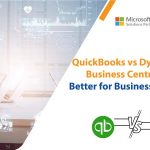
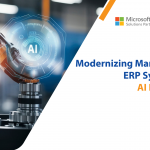



How can we help? - Talk to Dynamics 365 experts for your concerns
What's New
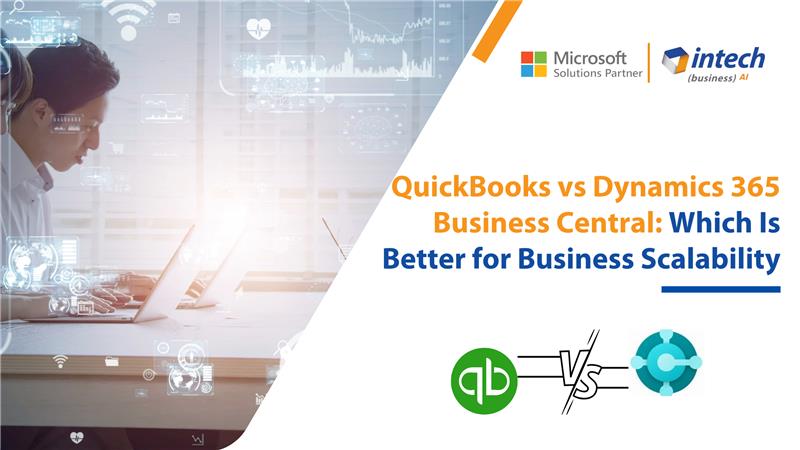
QuickBooks vs Dynamics 365 Business Central: Which Is Better for Business Scalability
Introduction Today’s needs vs tomorrow’s growth. A battle, organizations, small and big, fight daily. The...
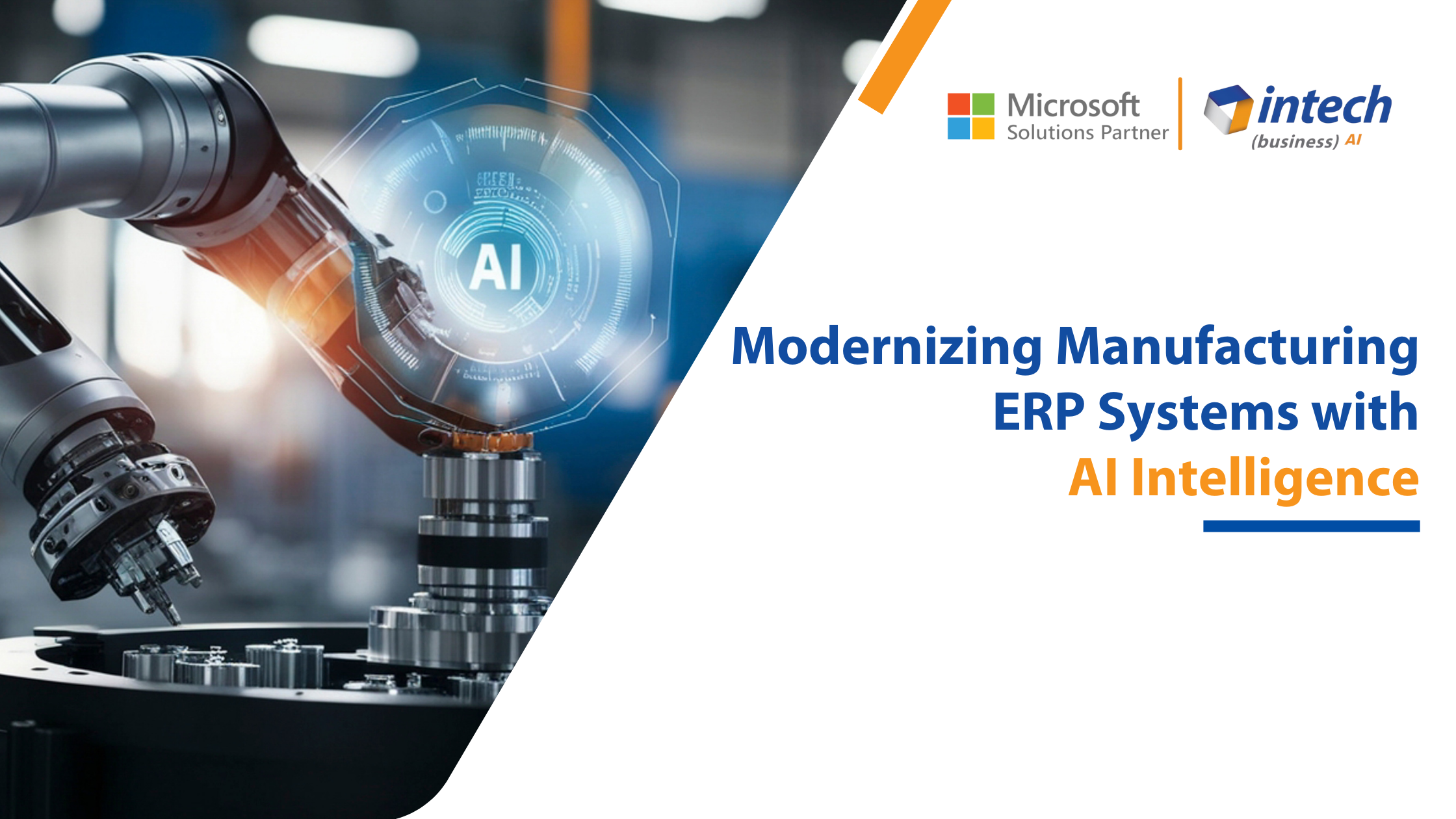
Modernizing Manufacturing ERP Systems with AI Intelligence
A success story on transforming manufacturing operations, productivity, and decision-making at scale Manufacturing ERP transformation...

How JK Fenner Modernized Dealer Management with Microsoft Dynamics 365
Manufacturers with large dealer networks know the struggle well. Keeping hundreds of dealers connected, informed,...

